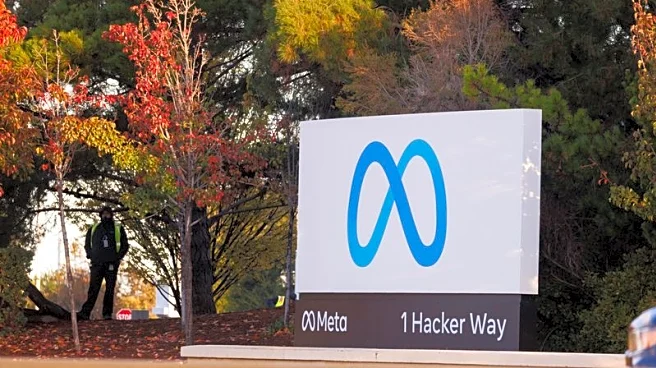What's Happening?
YouTube, owned by Alphabet, has announced a shift in its content moderation policies, allowing some users who were previously banned to return to the platform. This change primarily affects creators whose accounts were suspended due to violations related to COVID-19 and election misinformation. The decision marks a significant adjustment in YouTube's approach to handling misinformation, reflecting a broader trend of reevaluating content moderation strategies. The platform aims to balance the enforcement of community guidelines with the need for open discourse, especially on contentious topics.
Why It's Important?
The relaxation of YouTube's content moderation policies could have wide-ranging implications for digital content creators and the dissemination of information online. By allowing previously banned users back, YouTube may face criticism from those who advocate for strict controls to prevent misinformation. Conversely, this move could be seen as a positive step towards fostering a more open environment for discussion and debate. The decision may influence other social media platforms to reconsider their moderation policies, impacting how information is shared and consumed across the internet.
What's Next?
As YouTube implements these changes, it is likely to monitor the impact on user engagement and content quality closely. The platform may face pressure from various stakeholders, including advertisers, users, and advocacy groups, to ensure that misinformation does not proliferate. Future adjustments to the moderation policy could be influenced by the outcomes of this decision, potentially leading to further refinements in how YouTube manages content. The broader tech industry will be watching closely to see if similar policy shifts occur on other platforms.
Beyond the Headlines
This development raises questions about the ethical responsibilities of tech companies in managing misinformation. The balance between free speech and the prevention of harmful content is a complex issue that continues to challenge social media platforms. Long-term, this shift could influence public perception of YouTube's role in shaping discourse and its commitment to maintaining a safe online environment.










